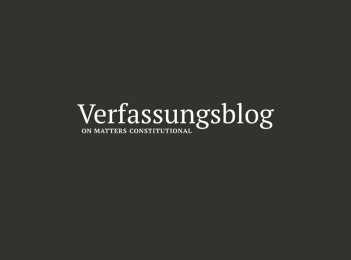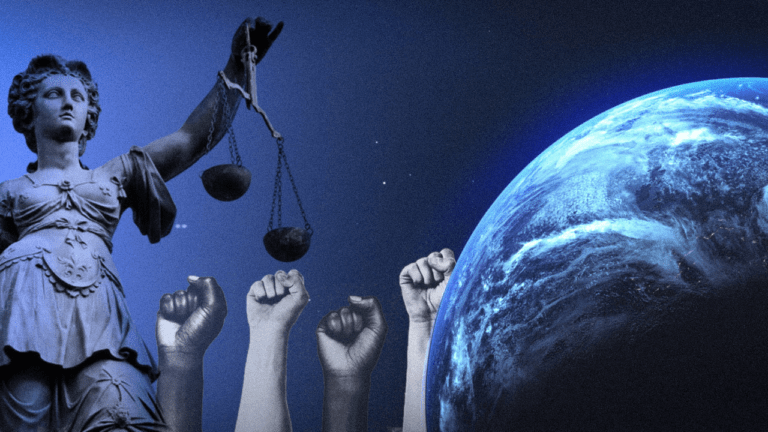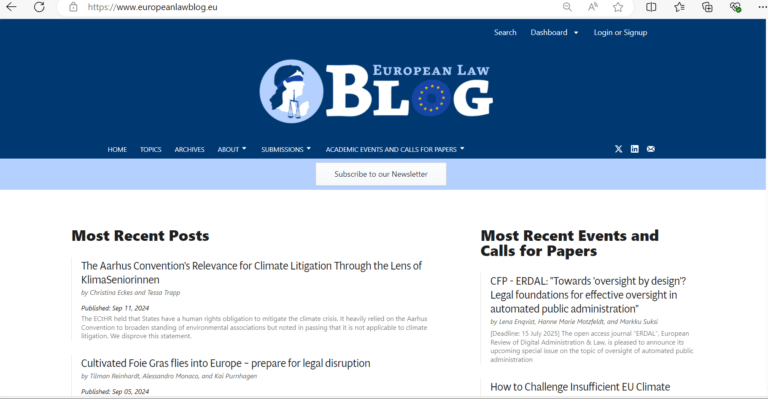Ending the Climate Crisis through Rights-Based Climate Litigation?
Presentation
Professor Christina Eckes & Dr Alberto Nicotina spoke at the inaugural symposium of the Human Rights and the Climate Crisis Working Group on 20 November. The symposium was hosted by the Netherlands Institute of Human Rights (SIM).
The event examined the recent developments in rights-based climate litigation in the Netherlands, in Europe and beyond, as well as exploring opportunities for further cutting-edge research on the topic.
Christina and Alberto spoke in the panel ‘Representation and democracy in rights-based climate litigation‘.
Christina Eckes argued that the European Court of Human Rights in KlimaSeniorinnen was not only mindful of the national democratic process by considering it extensively. The Court was also respectful of democracy in at least five concrete ways by (1) limiting of the ruling to the climate crisis; (2) establishing a reduced margin of appreciation in relation to the commitment to mitigate climate change; (3) imposing a duty to quantify a domestic fair share carbon budget; (4) expanding the standing for public interest organisations; and (5) interpreting extraterritoriality to allow for responsibility for ‘embedded emissions’, while excluding complaints from citizens of other Contracting Parties.
In his presentation, Alberto Nicòtina contributed to the debate on the decision by the ECtHR in KlimaSeniorinnen to grant standing to climate activist associations. Despite considering this recognition of the role of civil society organisations very much needed, he argued that the “climate exceptionalism” on which such decision was grounded provides a weak theoretical foundation. As an alternative theoretical framework, Alberto proposed the principle of (horizontal) subsidiarity, better placed to give due recognition to the role of civil society organisations in complementing (and ensuring accountability for) governmental action.
See here for further details of the symposium






